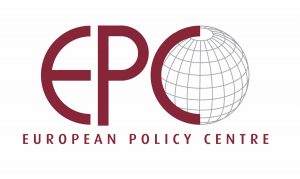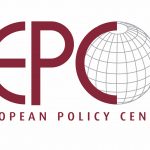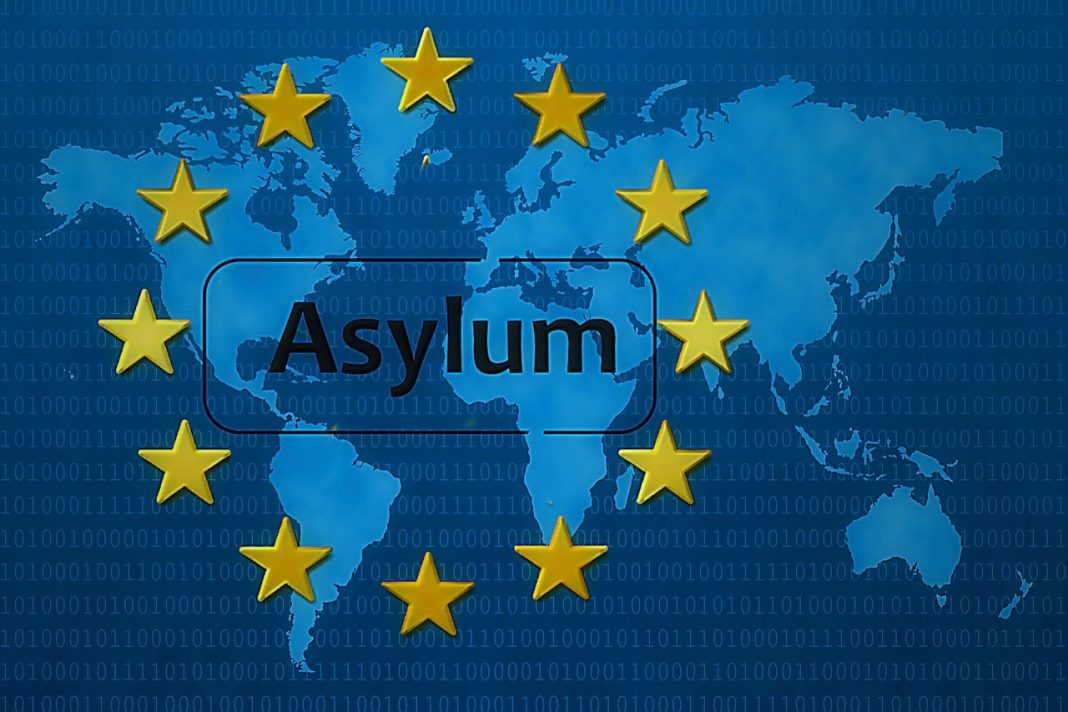In December 2023, the European Parliament and Council secured a political agreement on the New Pact on Migration and Asylum, bringing the reforms closer to implementation. Some see the measures as a political victory for European policymakers, clearing the way for more unified responses. However, the regulations could in fact lead to an ‘age of non-Europe’ in migration and asylum policy. This Discussion Paper analyses the issues arising from the reforms, which could consolidate states’ power at the expense of community decision-making. Additionally, there is uncertainty about how the new system will function and its impact on the ground. This may lead member states to push even harder to outsource responsibilities to third countries outside the EU’s scrutiny. This is not the time for complacency. Attention must be devoted to the finalisation of the legislative texts and the development of implementation plans, as well as the identification of systemic and long-term needs, from financial support to monitoring.
Author: Alberto-Horst Neidhardt, Senior Policy Analyst and Head of the European Diversity and Migration programme, European Policy Centre.
This text has originally been published on the European Policy Centre website.



